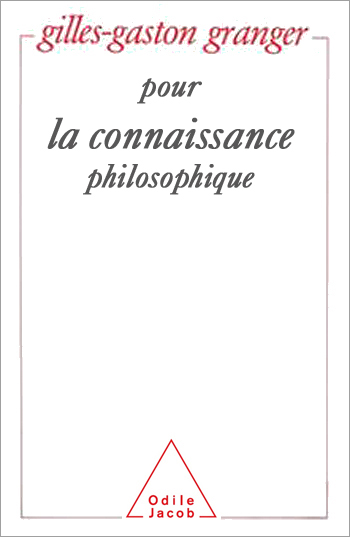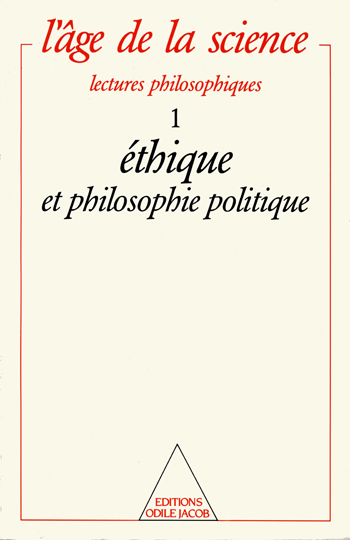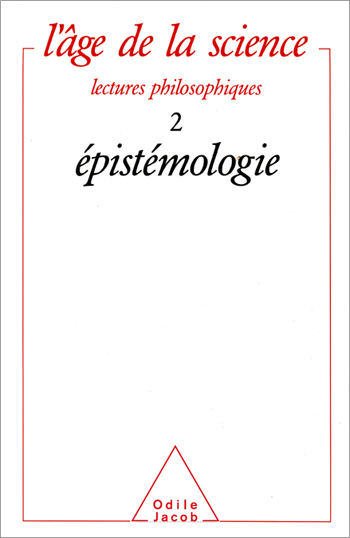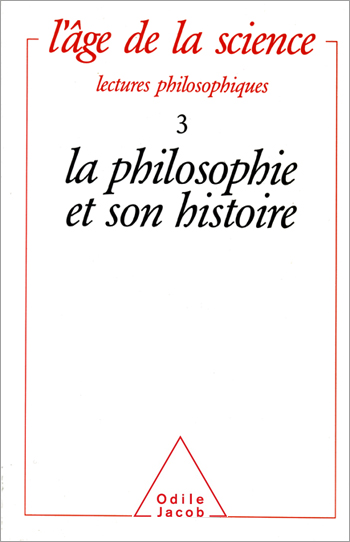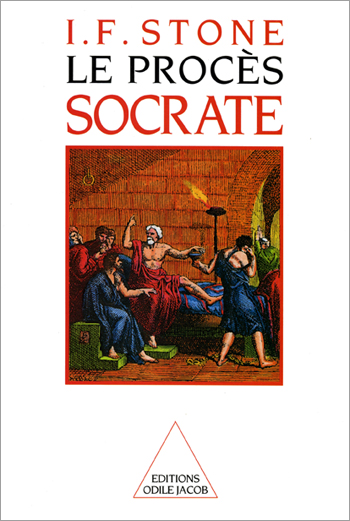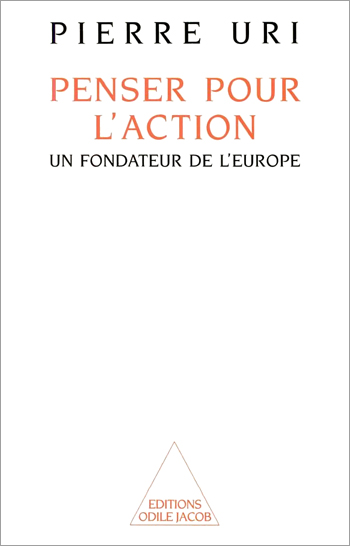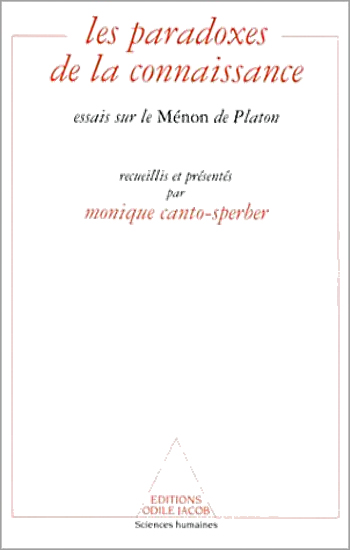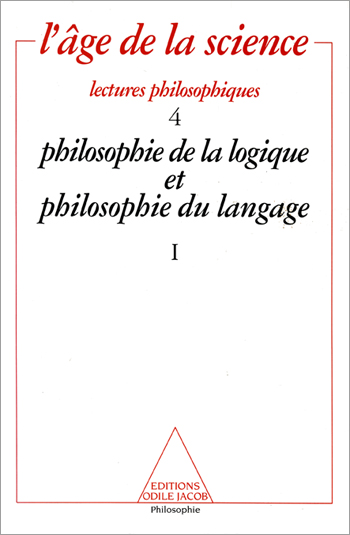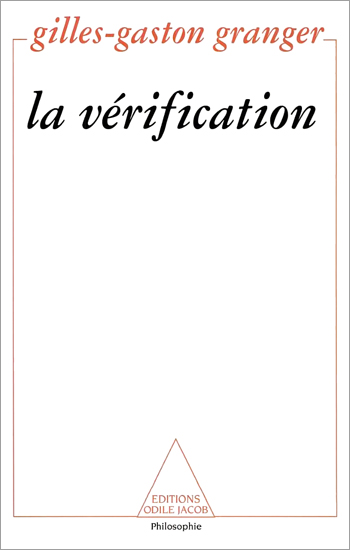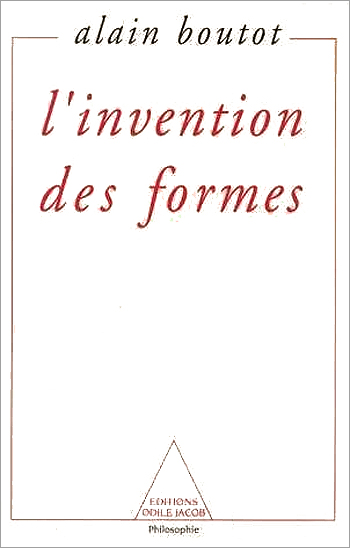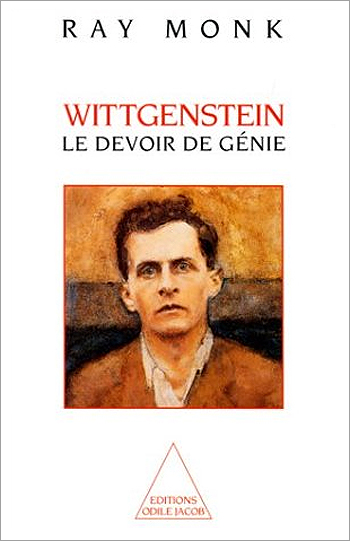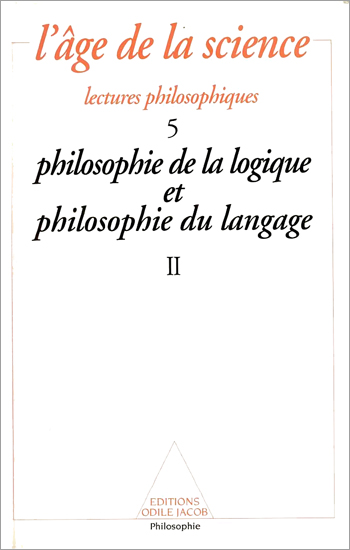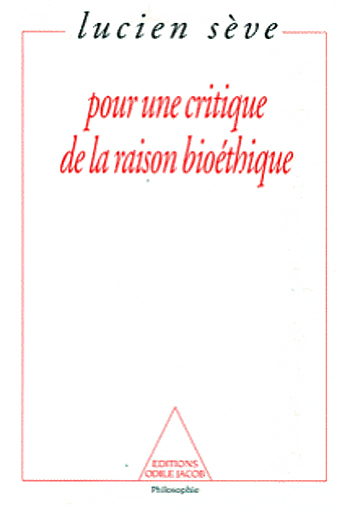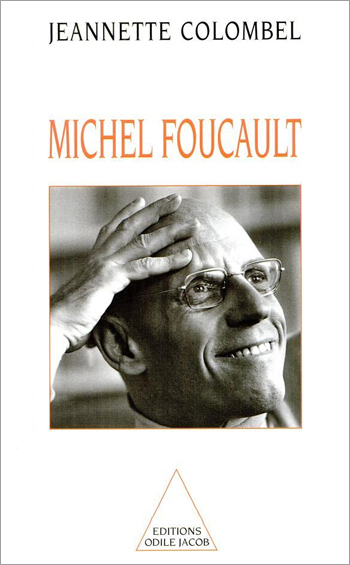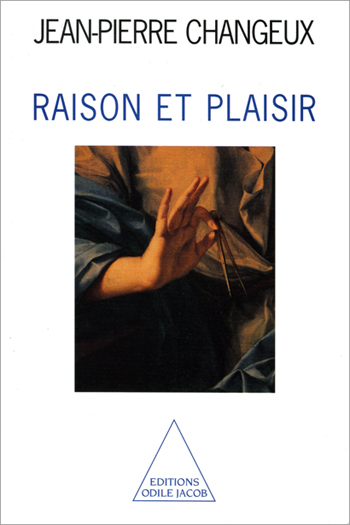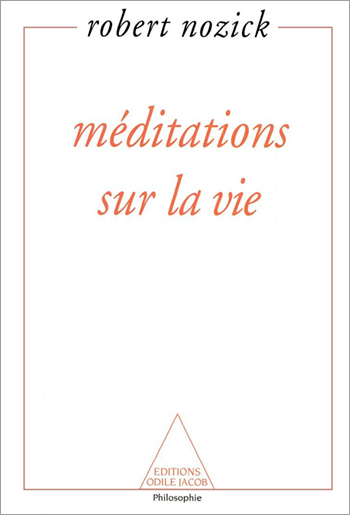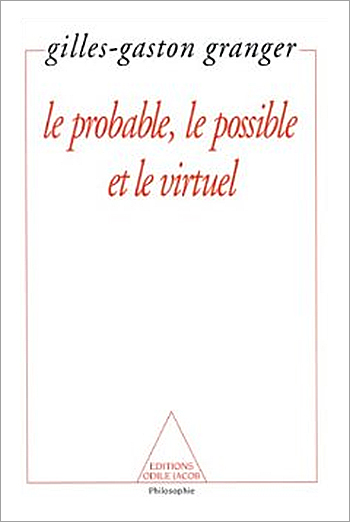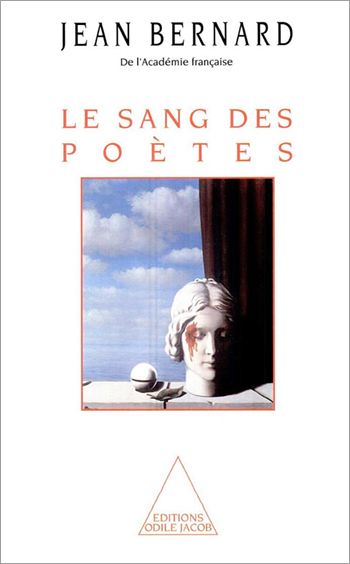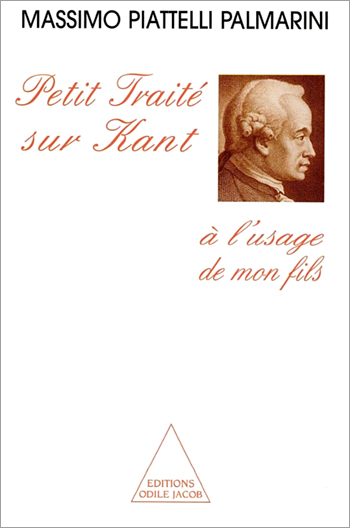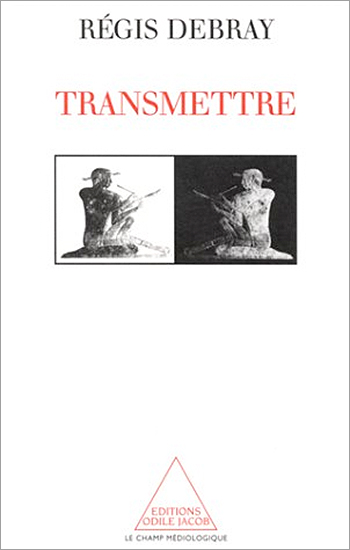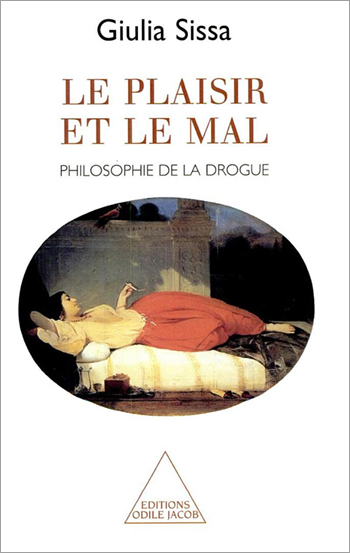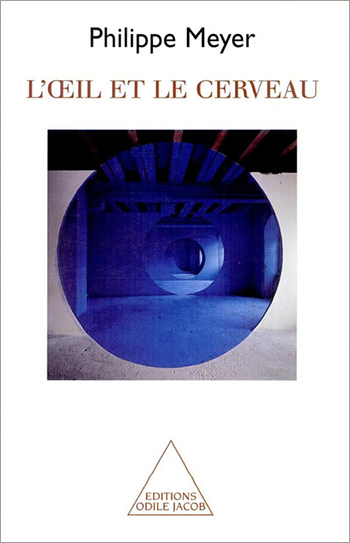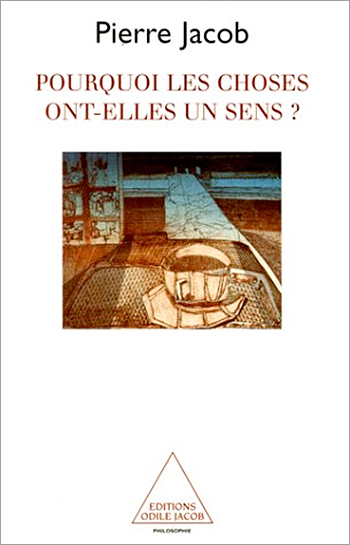Philosophy All books
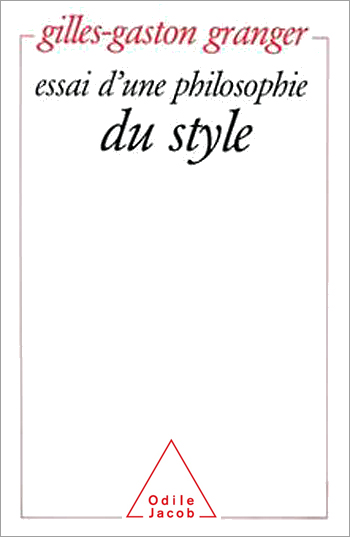
Gilles Gaston Granger
Essay on a Philosophy of Style
This work offers a definition of the generalized concept of style, considered not only in an aesthetic manner but also as it applies to all human works. The author applies this concept first to mathematical works, and then to the more familiar realm of language, before sketching the project of a human sciences stylistic, complementing a history of knowledge and epistemology of structures. Gilles-Gaston Granger is a specialist in epistemology and an honorary professor at the Collège de France.
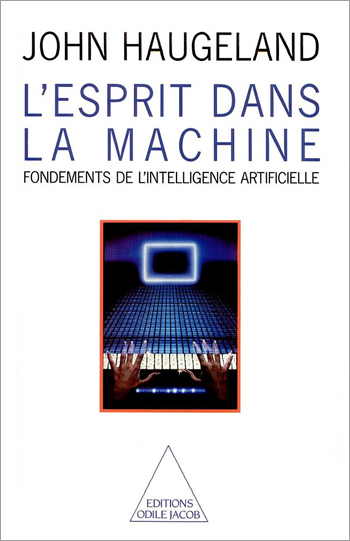
John Haugeland
Artificial Intelligence: The Very Idea
At once philosophical and instructive, this work offers a synthesis of a discipline that marks a revolution, both intellectual and technological, in the approach of the human spirit. John Haugeland teaches philosophy at the University of Pittsburg.
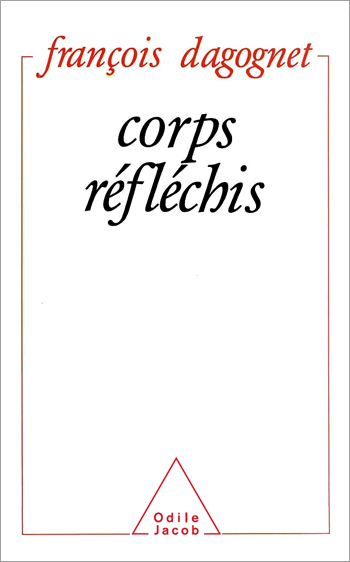
François Dagognet
Reflections on the Body
A philosophy for our times, devised through an understanding of modernity in all its forms: artistic, scientific and medical. This work is a rigorous and exacting treatment of the ethical and political choices facing mankind at a moment when the power over matter and living are coming to be declared unlimited. In short, the engaged and stimulating observations of François Dagognet, a professor of philosophy at the Université de Paris I, medical doctor, and heir worthy of Bachelard.
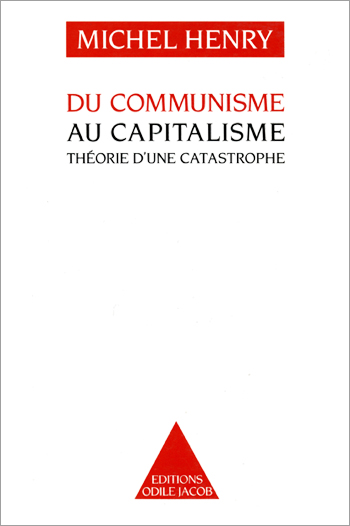
Michel Henry
From Communism to Capitalism : A Theory of Disaster
Communist totalitarianism is breaking apart because it rejected reality in favour of abstractions and falsely universal principles. Those who now rush West from Prague or Bucarest cannot imagine what awaits them: the levelling of values and individuality. M. Henry s work is a meditation against everything which undermines these disoriented refugees, whether it be spiritual starvation, creative thirst, or physical hunger.
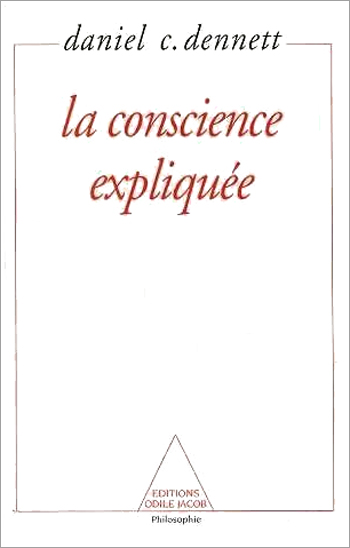
Daniel C. Dennett
Consciousness Explained
What is it that transforms a small piece of matter into an animated being? What is it that gives to certain physical structures the enigmatic privilege of feeling sensations and having experiences? Conscience. But what do we know about conscience? Daniel C. Dennet proposes a new explicative model founded on the modern revelations of psychology, neurology, and artificial intelligence. Daniel C. Dennett directs the Center for Cognitive Studies at Tufts University. He is one of the leaders in the philosophy of the spirit in the United States.
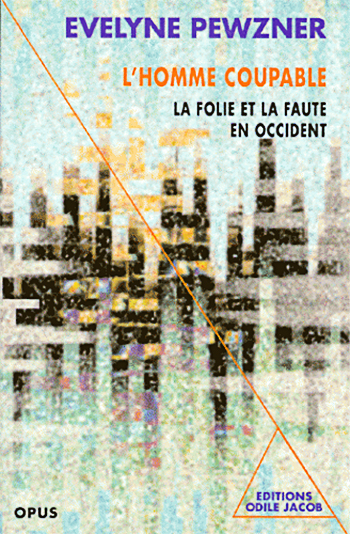
Évelyne Pewzner
The Guilt of Man (Coll. Opus) Fault and Insanity in the West
Why is the obsessive horrified by a tiny stain ? Why does the depressive relentlessly search for a redemptive punishment ? When human behaviour translates the suffering and helplessness of an individual confronted with anguish and solitude to the collapse of that being, to a retreat inside a strange inner world, to the loss of all that which anchors him to life, it is not enough, in order to understand him, to connect up the events of his life. It is also necessary to situate that individual in the wider scale of cultural indictations, which play a determining role in the formation of the personality. In this way, Évelyne Pewzner undertakes to show in what sense, Western Christianity, which is intrinsically linked to the problem of evil, leaves in each of us an imprint of distress. Évelyne Pewzner is a psychiatrist, and a professor of psychopathology at the University of Picardie.
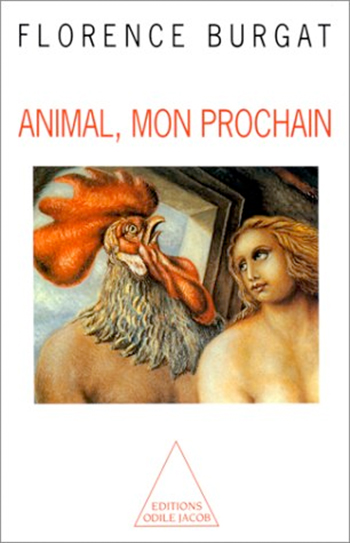
Florence Burgat
The Animal, My Relation
On one hand, men exploit, manipulate and slaughter animals. On the other hand, they let animals interfere with their lives, pollute them, and sometimes dominate them. Since the classical Age, Man has sought to define himself in his opposition to animals. Claiming for himself the most noble faculties - consciousness, thought, esthetic sense, morality - he represses his own animal side, notably his sexuality. But Florence Burgat goes beyond this negative statement. She walks in Jean-Jacques Rousseau's steps, claiming that men, like animals are sensitive beings, liable to suffer. On this basis, she proposes a new morality. Florence Burgat is a philosopher, and works at the Laboratory of Social Anthropology of the College of France.

René Frydman
God, Medicine and the Embryo
With ethical questions raised about medically assisted pregnancies and medical experimentation, the eugenics debate has become a mute point. Yet bioethical legislation has remained ambiguous. René Frydman has made himself the ardent defender of progenics, a predictive and humanistic medicine. Here, Frydman reflects on the problem of the human embryo through the different points of view of science, religion, law, and morality, and answers ethical and religious questions that he has been asked by his patients. René Frydman is a gynecologist-obstetrician and a member of the FrenchEthics Committee.
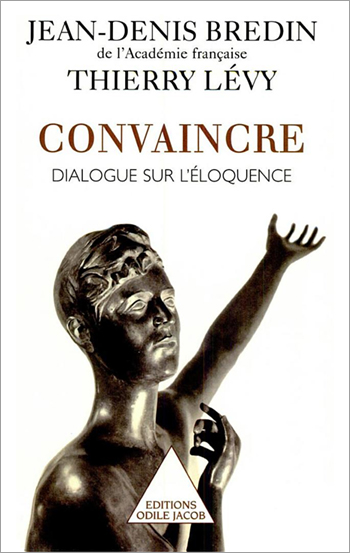
Jean-Denis Bredin, Thierry Lévy
Convince A Discussion of Eloquence
Two of France's most celebrated lawyers demonstrate the power of skillfuloration and how it can subordinate the actual facts. Anyone that is fascinated by speech, judicial history, and the art of debate, will truly enjoy gaining the knowledge, power and sense of conquest that this book imparts as they learn from the masters how to use eloquence advantageously. Entertaining, savage and brillant, this dialogue promises to help all with the art of elocution.

